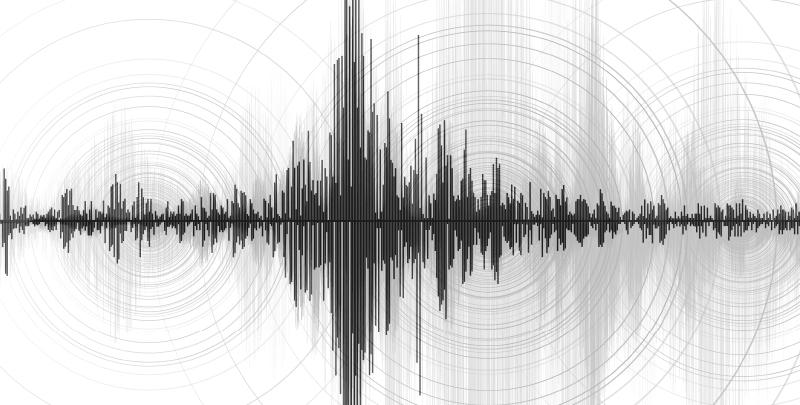Engineering New Zealand Chief Executive Susan Freeman-Greene says engineers are concerned by reports of widely differing seismic assessments, so the professional body has launched a programme to provide independent, expert facilitation to help engineers agree on a narrower assessment rating to help resolve the situation.
“Seismic assessments require significant professional judgement. This means that different engineers can produce differing assessments of the same building. But it’s important they are in the same ballpark,” states Freeman-Greene.
She said if there are significantly different seismic assessments for the same building, Engineering New Zealand first recommends those engineers work together to agree on an outcome.
“But sometimes engineers can’t reach resolution themselves. That’s why Engineering New Zealand has launched this programme to guide this process.”
To be eligible, engineers must have already attempted to resolve the differing assessments together. They must also have attempted to agree on the key elements behind the disagreement.
SEISMIC ASSESSMENT RECONCILIATION PROGRAMME
introduction
Engineers carry out seismic assessments to establish how a building is likely to perform in an earthquake.
Seismic assessments require significant professional judgement. This means that engineers can produce differing assessments of the same building.
Some difference of opinion between engineers is to be expected. However, difference of opinion should be able to be explained and understood. If an engineer or client becomes aware that there are significantly different seismic assessments for the same building, Engineering New Zealand recommends those engineers work together to resolve the issue.
However, sometimes in complex or historical situations, engineers can’t reach resolution themselves. That’s why we’ve launched a programme to provide a facilitation framework, including access to leading seismic assessment specialists.
WHAT THE PROGRAMME PROVIDES
Engineering New Zealand has developed a programme that provides independent facilitation so that engineers can work together to find agreement on a narrower assessment result range, to provide clarity for their clients.
This programme aims to help resolve uncertainty arising from differing seismic assessments, in complex or historical situations. It is not intended to resolve commercial disputes or disputes with a Territorial Authority.
The programme is voluntary. It is intended to give engineers an opportunity to explore ways of reaching general agreement on a seismic rating, with the help of an impartial expert facilitator, for the benefit of their clients. The facilitator will not deliver a decision.
ROLE OF THE FACILITATOR
Engineering New Zealand has access to a pool of experienced facilitators who have been specifically trained to deliver this programme. All the facilitators are experienced Chartered Professional Engineers with extensive technical knowledge and experience in seismic assessments.
What the facilitator IS – The role of the facilitator is to guide the technical discussions between the engineers.
What the facilitator is NOT – The facilitator will not carry out their own comprehensive assessment or provide a peer review.
The facilitator will not state an opinion, provide a determination or make any recommendations (binding or non-binding) at the completion of the facilitation meeting.
The only situation where the facilitator would make recommendations is before the facilitation meeting, if:
• The facilitator identifies significant technical issues with one or all the engineering assessments.
• The facilitator believes resolution could be better achieved through a different approach.
STEPS
The steps involved in the facilitation process may vary depending on the circumstances.
However, the process will have the following steps:
1. Complete the application and we’ll assess it to ensure that it meets all the relevant criteria (outlined below).
2. A facilitator will be assigned to your case and provided with all the relevant documentation. The facilitator will contact the engineers and organise a time for the facilitation meeting to take place. This will generally take place within one month of your application being submitted.
3. At the completion of the meeting, the result will be either:
a. Agreement – The engineers will provide a joint written statement of agreed seismic rating for consultation with the engineers’ clients prior to the agreements being signed by the engineers, or
b. No agreement – The engineers will provide a joint written statement covering points of disagreement, reasons agreement could not be reached, and their recommendations for next steps.
ELIGIBILITY
Usually engineers are able to meet and reach agreement on any points of difference in a seismic assessment without independent facilitation. Prior to acceptance into the programme, the engineers must have: 1. attempted to resolve the differing assessments by meeting to discuss their findings and justifications; 2. agreed on the key elements where disagreement exists.
Acceptance into the programme will only be achieved where points 1 and 2 have been completed and engineers have been unable to reach an agreed position.
COSTS
The costs of the engineer’s time will be paid by their respective client.
The facilitation-related costs will be paid for as agreed by the parties prior to the process beginning. The costs for the facilitation will depend on the volume of material to be reviewed and the size and complexity of the building to be reviewed, but can be expected to be anywhere from $5,000 and above.
More details, www.engineeringnz.org



